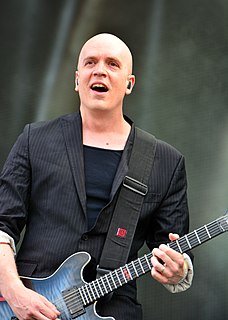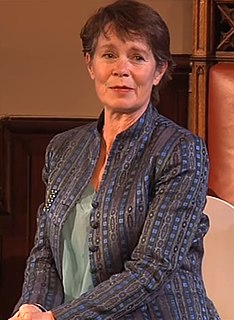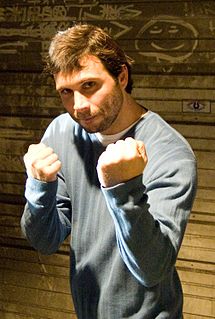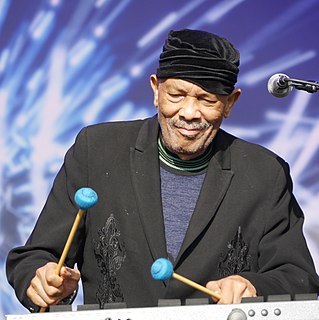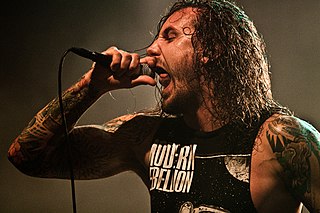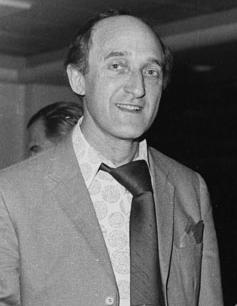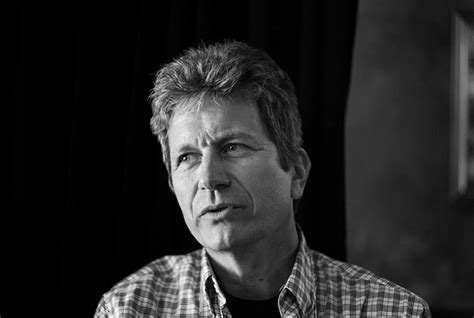A Quote by Alia Bhatt
One day, I would like to be a part of a stage production, preferably a musical.
Related Quotes
An interesting difference between new and experienced stage managers is that the new stage manager thinks of running the show as the most difficult and most demanding part of the job, whereas the experienced stage manager thinks of it as the most relaxing part. Perhaps the reason is that experienced stage managers have built up work habits that make then so thoroughly prepared for the production phase that they [can] sit back during performances to watch that preparation pay off.
I was applying to the art school, but there was a checklist that said I had to do either production design or stage management or acting. I thought, "I don't want to be an actor, but I know production and stage management take acting classes" - this is literally my internal monologue. I was like, "Designers don't have to take acting classes. Cool. I'll check that box".
But I did mine through a production company. All the music I did, I gave to the production company. Then the production company would give the record company the album. I used to do all my albums like that. It was fantastic. But now, understand, I have never planned to do anything with these other tapes. The one that are released, like the Virgin Ubiquity you have there, I wasn't going to do anything with that music. One day, I was talking to this guy that owns BBE over in England, and I said I've got some tapes and stuff that you might be interested in, and he went berserk.
And Paul Moravec, not being a theater person, would always trust me when I said things that I am like, "you're going to need another 10 seconds of music year to get them across the stage." But I always knew that the people were going to be coming to hear his music of which my words are going to be a part. It was clear that he wanted to go and direction A., and I wanted to go and direction B. We would've gone and direction A. That's the most important piece of advice I can give to anybody who finds themselves in an opera, or musical comedy situation like that.

